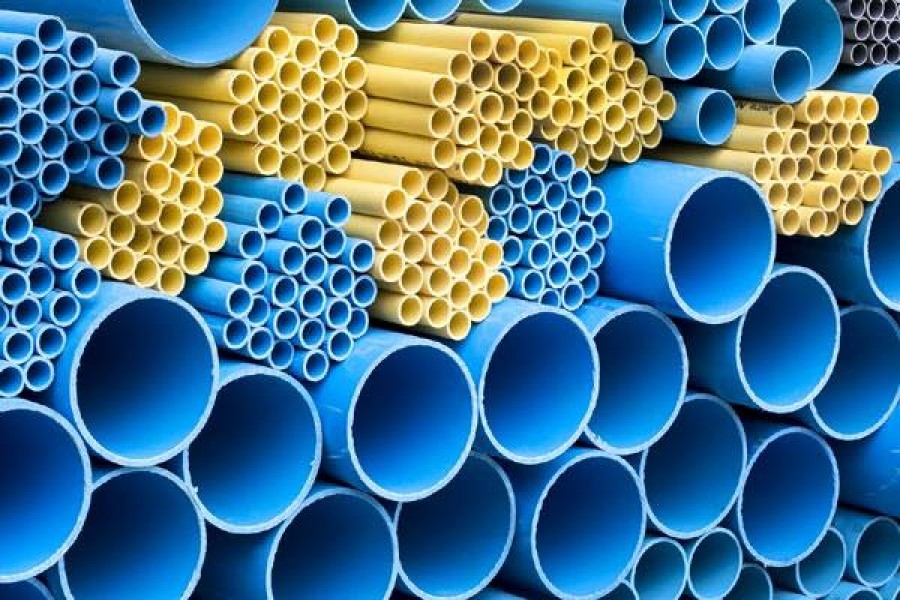New global studies show health threats throughout the plastics supply chain

Published :
Updated :

Health and environmental groups call for international action to control plastic chemicals and scaling down on the production of plastics to curb the growing crisis of the element’s pollution.
A new study of International Pollutants Elimination Network (IPEN) says that plastics pose significant threats to human health and ecosystems throughout their life cycles.
IPEN worked with International Pellet Watch (IPW) and its NGO partners in 35 countries to investigate hazardous chemicals and pollutants.
As a part of it, Environment and Social Development Organization-ESDO has also conducted pellet sampling in Cox’s Bazar beach area.
Both studies reveal the presence of toxic chemical additives and pollutants that pose multiple health threats to humans and the environment.
The health effects include causing cancer or changing hormone activity (known as endocrine disruption), which can lead to reproductive, growth, and cognitive impairment.
The study was done on a total number of 18 compounds which include 11 brominated flame retardants, 6 UV-stabilisers, and bisphenol A. 12 of the 18 substances are recognized to be endocrine disruptors.
ESDO’s Secretary-General, and one of the authors of the beach pellet study, Dr Shahriar Hossain said “These latest findings support our argument that international action to promote more sustainable plastics uses must go beyond waste management to address the harm and damage caused by harmful chemical additions in plastics."
In February 2022, countries will meet at the United Nations Environment Assembly to discuss a global instrument on plastics, largely focusing on waste and marine litter.
IPEN says the new studies indicate that plastics pose much greater threats, especially to low- and middle-income countries that are not primarily responsible for plastics production or consumption and do not have the capacity to manage the risks associated with toxic chemicals.
These threats need to be dealt with at the international level.
The results of the recycled pellet study are particularly concerning for plastics recyclers.
Report lead author and IPEN science advisor Dr Sara Brosché says: “The widespread use of toxic chemical additives in plastic products makes a lot of recycled plastic waste an unacceptable raw material for making new products. Continued use of toxic chemical additives in plastics renders most plastics in use today ‘non-circular’, thus excluding plastics from any circular economy.”
It is estimated (Wiesinger et al 2021) that over 10,000 chemicals are present in plastics; around 5,000 of these are chemical additives that contribute to the function of products.
nsrafsanju@gmail.com


 For all latest news, follow The Financial Express Google News channel.
For all latest news, follow The Financial Express Google News channel.